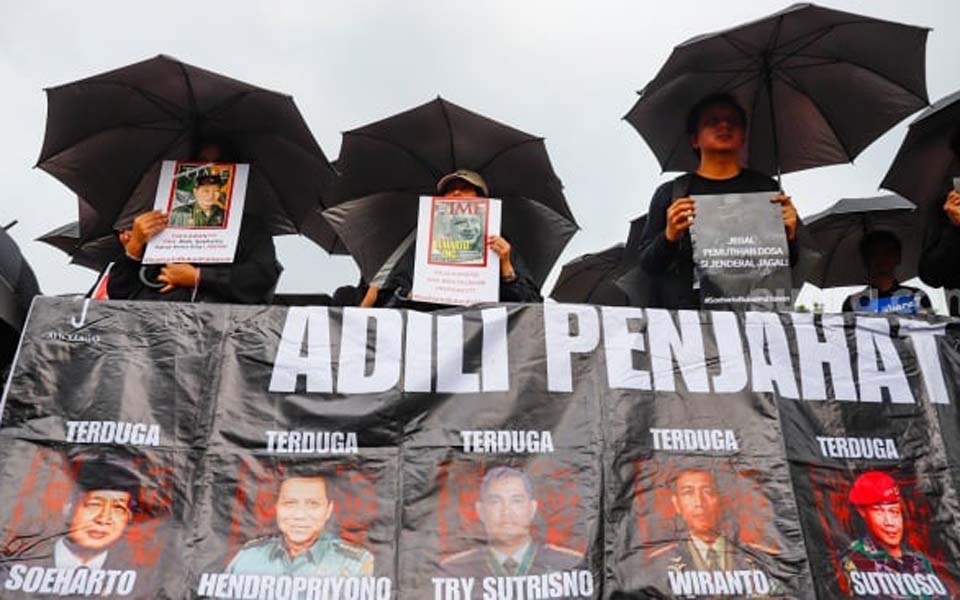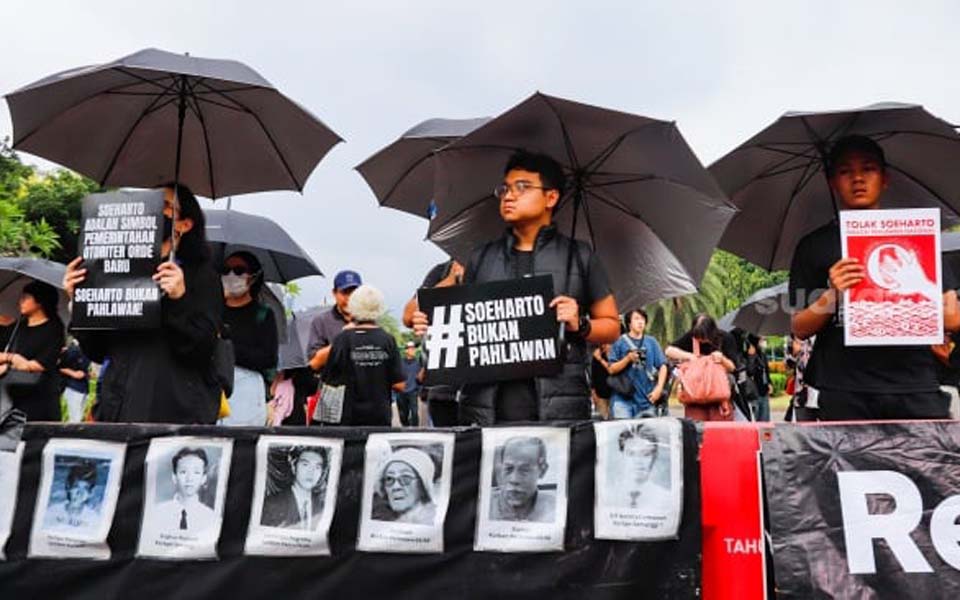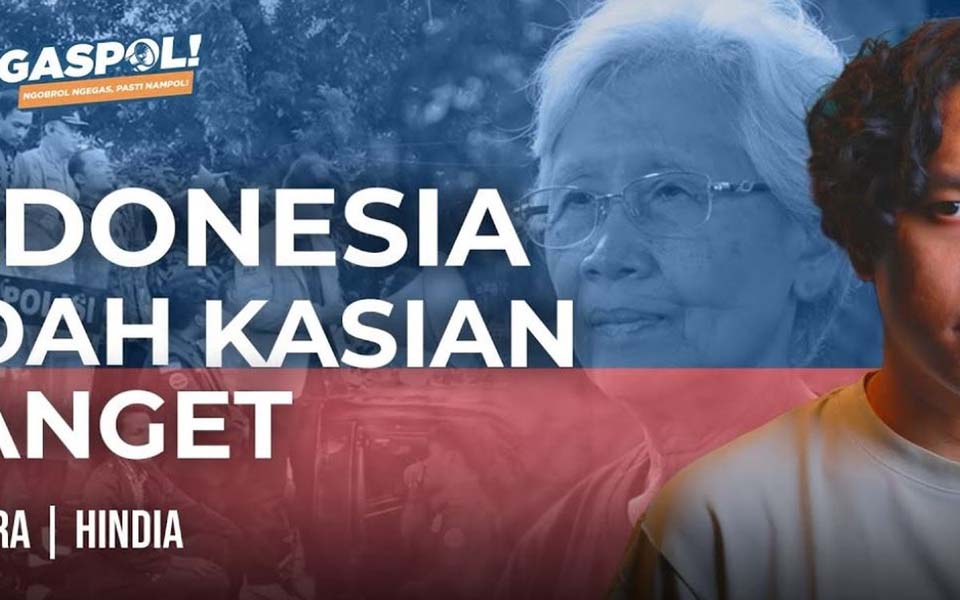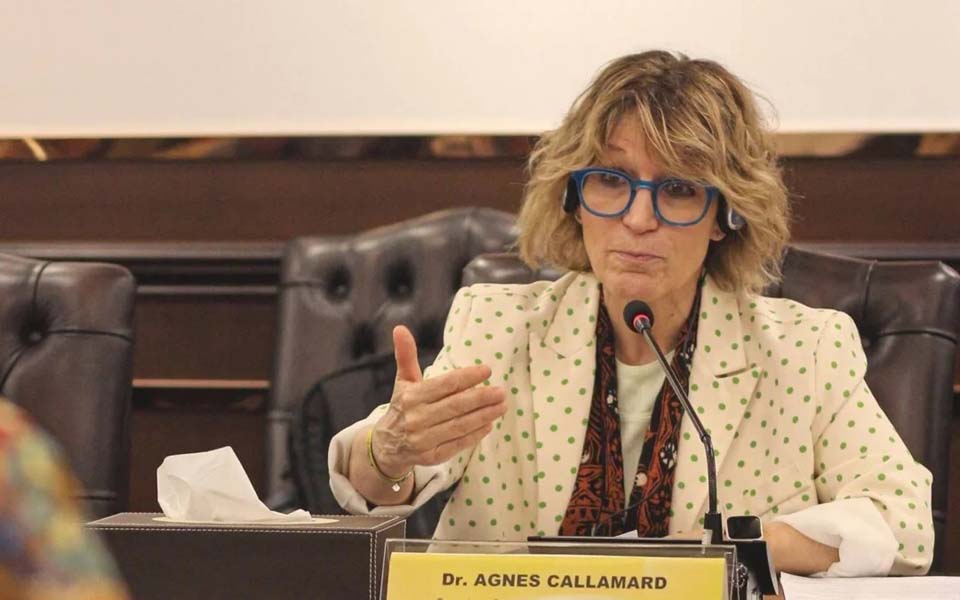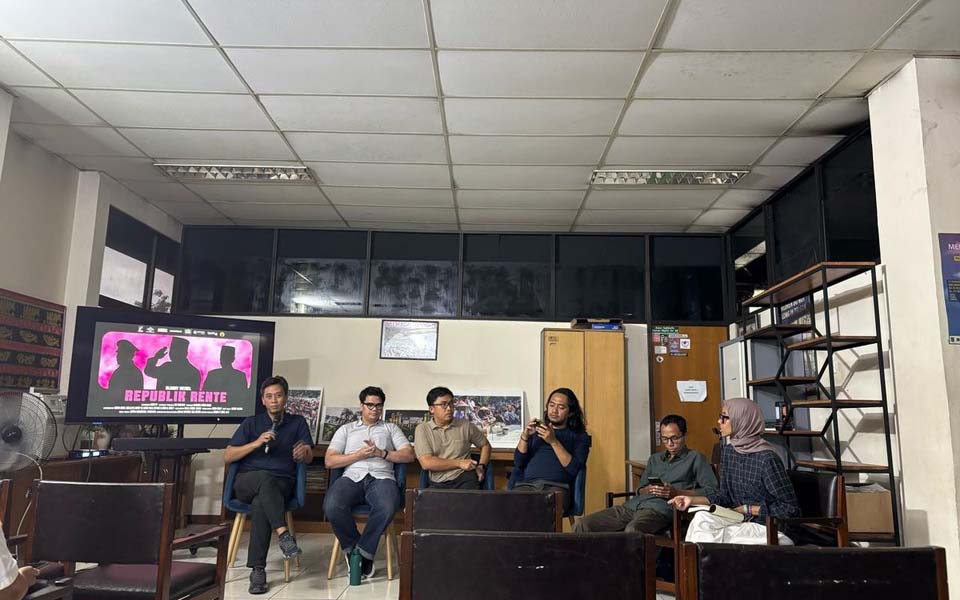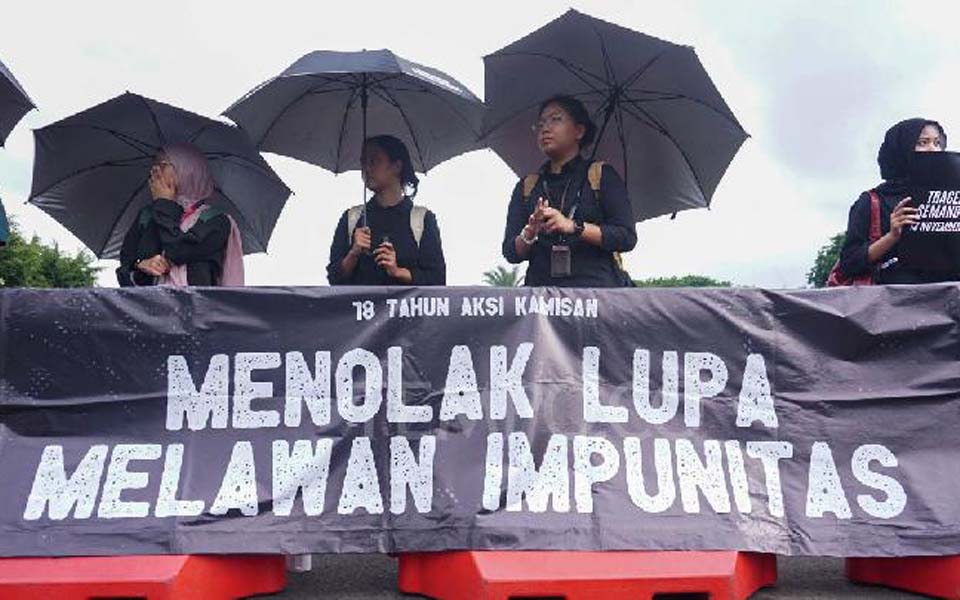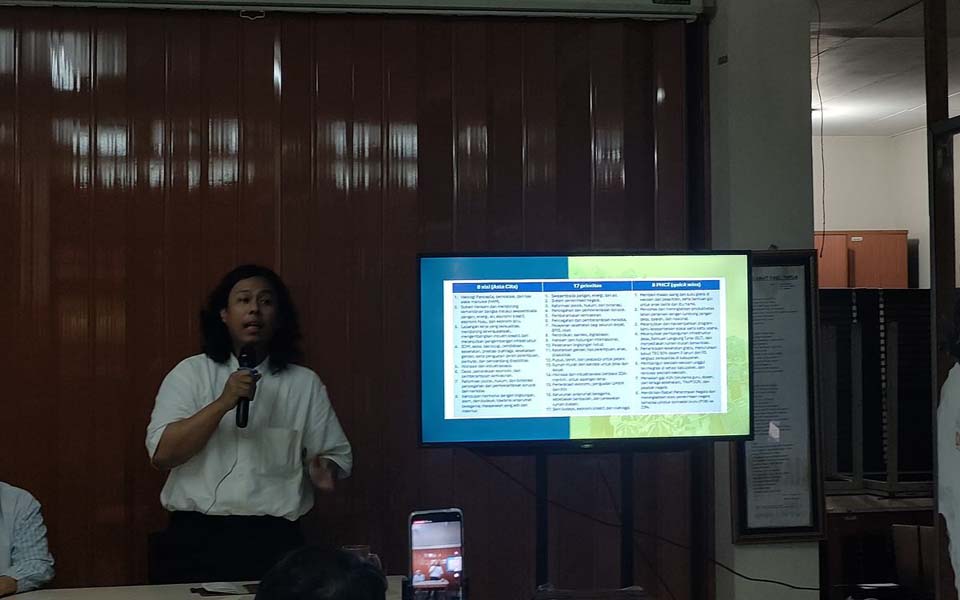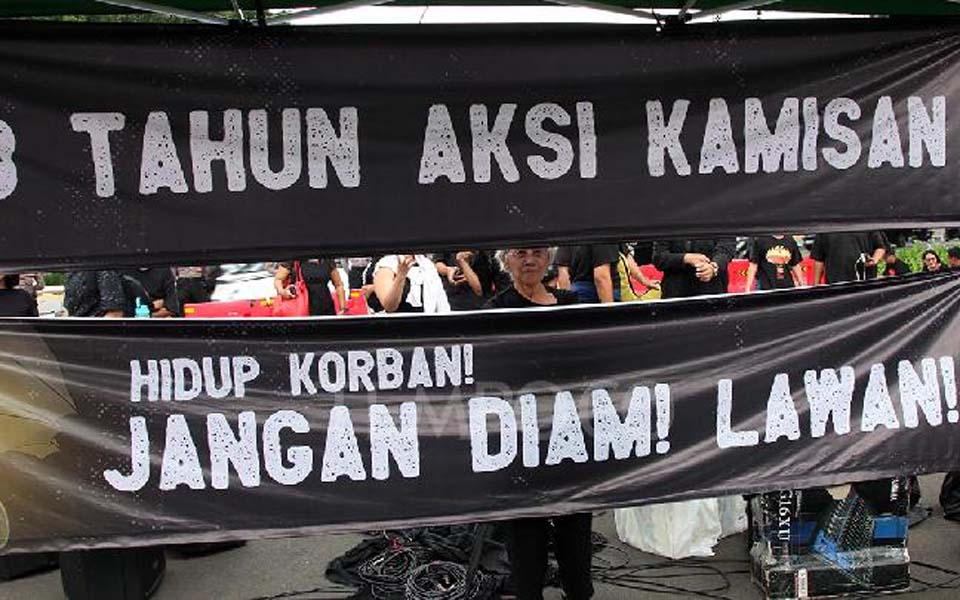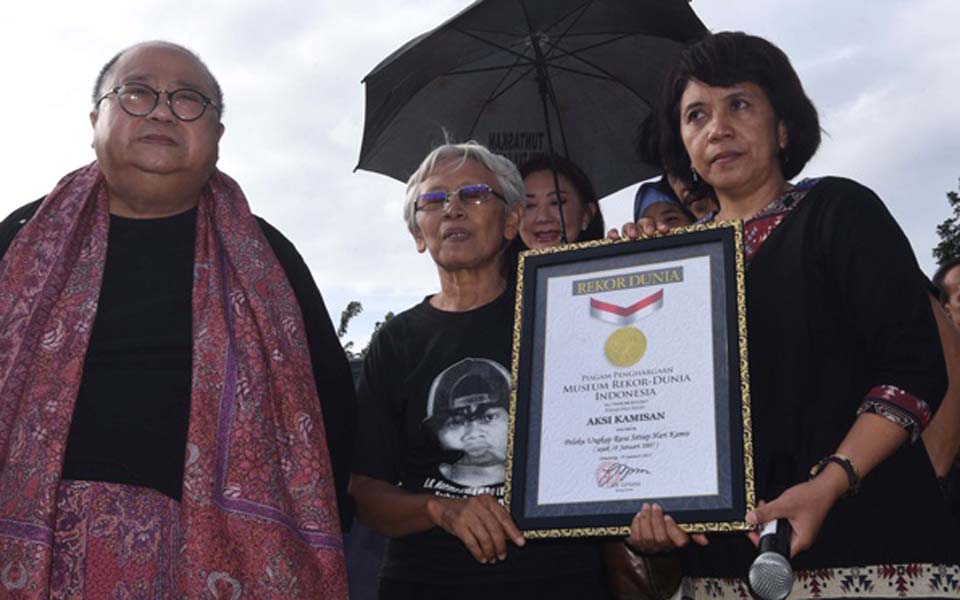Jakarta – Coordinating Minister for Security, Politics and Legal Affairs Mahfud MD has revealed that there has often been a lack of synchronisation between the National Human Rights Commission (Komnas HAM) and the Attorney General's Office (AGO) in the process of investigating gross human rights violations.
This has been both in terms of the evidence gathered as well as the method of verifying the evidence. According to Mahfud, this has become a huge obstacle in resolving cases of gross human rights violations and resulted in the process stalling.
"Right now there are problems on the ground because the evidence and verification of evidence carried out by Komnas HAM and the AGO are to this day still often not syncronised", said Mahfud during an online discussion on Thursday January 27.
Mahfud said that the AGO often does not agree with the evidence and the results of Komnas HAM investigations and because of this, gross human rights cases have stalled and it is difficult for them to proceeed to the criminal investigation stage.
"What is done by Komnas HAM is an investigation, then it's up to the Attorney General's Office to investigate [and prosecute the case]. But the AGO declares, 'this doesn't meet the standards for prosecution', the two pieces of evidence [required by law] are not enough to justify it", he explained.
"So it's there that it often stalls", he said.
Nevertheless, Mahfud claims that the government will continue to seek an alternative solution so that cases of past gross human rights violations can be fully resolved. "But we will continue to look for a middle road so that they can be resolved", he said.
As has been reported, the government has a list of 13 cases of past gross human rights violations. Out of these 13 caes, nine cases occurred before 2000 and four occurred after 2000, including the Paniai case in Papua.
The government claims it can only resolve these four cases. This is because Article 43 of Law Number 26/2000 on a Human Rights Court states that gross human rights crimes which occurred before 2000 can only be tried by an ad hoc Human Rights Court. Mahfud explained that this type of court was formed based on a proposal by the House of Representatives (DPR).
Then out of the four cases which occurred after 2000, only one has reached the criminal investigation state at the AGO, namely the bloody Paniai incident in Papua.
The bloody Paniai case was an incident which occurred on December 8, 2014. At the time, local people were holding a protest action over an assault by TNI (Indonesian military] personnel against a youth at the Karel Gobai Square in Enarotali, Paniai.
During the incident, four high school students were killed at the scene after being shot by a joint military unit. One other person meanwhile died several months later after receiving hospital treatment. (yla/gil)
[Translated by James Balowski. The original title of the article was "Mahfud MD: Komnas HAM-Kejagung Tak Sinkron soal Pelanggaran HAM Berat".]






